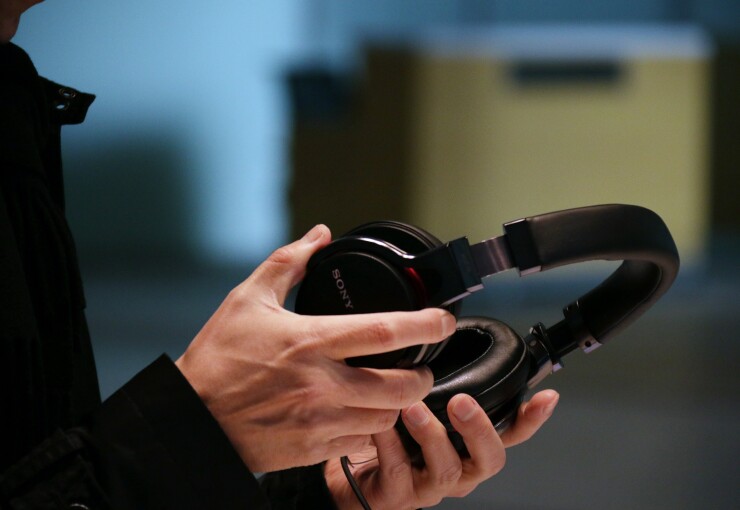Last year, inspired by

Did you see EBN’s slideshow,
For many client-facing professionals, the greatest productivity enhancer of the late 1990s was the employer purchase of cell phones for business use. Suddenly, we became almost as productive on the road as we were in the office. Back in those days, business professionals conversed telephonically with clients and colleagues all day long.
With company perks being a key attraction and retention tool, here’s a list of some of the best ones innovative employers are offering.
Nowadays, an entire morning will go by without my phone ringing. Meanwhile, emails flow in like the Cache de Poudre River during the Rocky Mountain springtime snowmelt! Thus, before making last year’s discoveries, my driving-time productivity had greatly diminished – and, my time on the road can be considerable. Though I’m writing this essay on a westbound flight and often take the train, the automobile remains my primary mode of transportation. For example, last week, I spent:
- Two hours commuting to our local office
- Ten hours driving to and from my clients’ offices
Back in the late 1990s, most of these 12 hours would have been spent productively on the phone, solving challenges for clients and strategizing with colleagues.
How are your client-facing employees spending these hours nowadays?
Since last year’s habit discoveries, I’ve used my driving time to take these courses:
1.
2.
3.
4.
5.
These entertaining courses served to improve my writing and communication skills and increase my understanding of the historical foundations of the global economy. Would those skill sets improve your employees’ productivity? Would they help drive a return on investment?
Meanwhile, most of my knowledge about business etiquette and professional communication came from training and reading. How about for you? My first employer provided me with formal training and a mentorship program and also bought dozens of hard-copy books for me to read. Are we still providing this type of invaluable training? If not, would providing access to audiobooks help educate the new generation of business professionals?
"Most of my knowledge about business etiquette and professional communication came from training and reading."
For example, I recently arrived several minutes early to a client lunch and discovered that while our client hadn’t arrived, my colleague was already seated. I quickly made my way to our table and politely asked my colleague to wait with me at the front door for our client to arrive. As we waited, she asked about business etiquette training. Later that night, perusing my library, I came across Jeffrey J. Fox’s classic
Fortunately, it did work, she’s listening to the book during her driving time, and I’m hoping it will prove beneficial. Meanwhile, I reread my hard copy and smiled when I came across the story of the contractor that lost a client when his belt pager went off in the middle of a meeting. Remember belt pagers?

Finally, just last week at our annual company conference, my colleague
Final food for thought:
1. Would your employees enjoy and benefit from audiobooks and college-level courses?
2. Would offering that media as a new employee benefit increase productivity?
3. Would it be worthwhile to at least try this new benefit out as a pilot program?
4. Would you open up the program to the entire universe of courses and books or begin with an initial menu?
Please let us know your thoughts via the below comment section or via Twitter @zpace_benefits.






